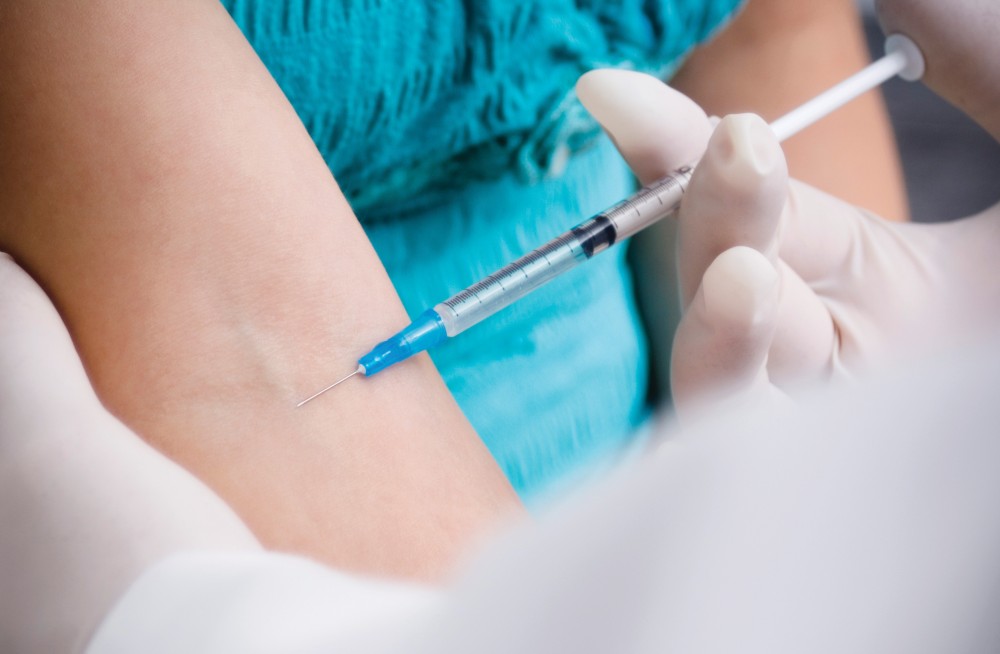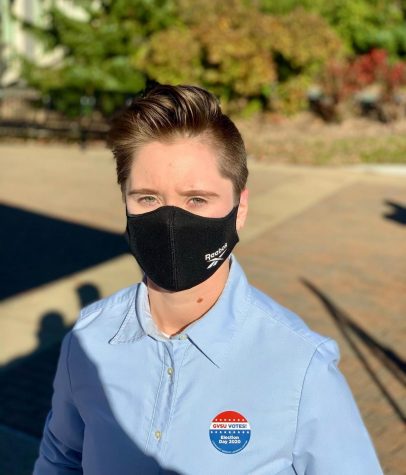Michigan measles outbreaks spark precautions

GVL / Courtesy – Metro Connection
Apr 15, 2019
In recent months, the count of children in Michigan infected with the measles virus has been rising, with a total of 39 infected. The newly confirmed cases were found in Oakland county and one case in Wayne county. While there haven’t been any confirmed cases in west Michigan or at Grand Valley State University, staff are urging students to take precautions against the virus.
Measles is a highly contagious disease, spread when an infected person breathes, coughs or sneezes in proximity of others. The virus can live for up to two hours in the air or on surfaces where an infected person was present.
It is estimated that up to 90 percent of unvaccinated individuals near an infected person will become infected. Some of the common symptoms can include high fever, cough, runny nose and rashes of tiny red spots three to five days after the symptoms begin.
GVSU Senior Director for Health Tina Barnikow explained that although there haven’t been any cases on campus, it’s important for students to be taking care of their health and taking precautions.
“If you are unvaccinated, or if a vaccine status is uncertain, get vaccinated with two measles, mumps and rubella vaccines; but if you are fully vaccinated the risk of measles is very low,” Barnikow said. “Vaccines protect not only the individual who receives the vaccine, but the entire community by reducing the spread of the disease to those who have not been vaccinated, or cannot be vaccinated due to age, allergies to vaccine components or illnesses that threaten the immune system such as cancer.”
There is no treatment for measles, however it can be prevented by receiving the proper vaccines. Most people receive these vaccines as children before beginning school.
The Centers for Disease Control indicates that complications occur in approximately 30 percent of measles cases, and are most common among children under the age of five and adults 20 and older. GVSU Health Compliance shared information with Student Affairs regarding the measles outbreak, which was given to Resident Assistants. If students have any concerns or questions, Barnikow explained that they should go to the health center or an RA to make sure they remain healthy.
“Anytime a student has concerns about their health, they should seek care,” Barnikow said. “Options for care include their health care provider, the Metro Health GVSU Campus Health Center on campus or the GVSU Family Health Center in downtown Grand Rapids. If a student thinks they may have measles, they should self-isolate, then call their health care provider, urgent care center or emergency room before seeking care. This will allow the practice to take steps to avoid exposing others.”
GVSU health staff are committed to making sure every GVSU student has the resources for staying healthy and active. Health staff are committed to keeping it that way through helping educate students, encouraging vaccinations and keeping an eye on any health threats that could become dangerous to the university and its students.
























